I get a lot of questions from people asking what’s the best way to try trumpets. It is especially difficult when you’re younger to try trumpets effectively: and I would be a good example of that. I had a fairly bad c trumpet for all of my undergraduate years and into my first job. I was kind of left to my devices to choose my instrument and when you’re a little less consistent it’s harder to effectively choose an instrument that is right for you. That was why I ended up with a bit of a clunker!
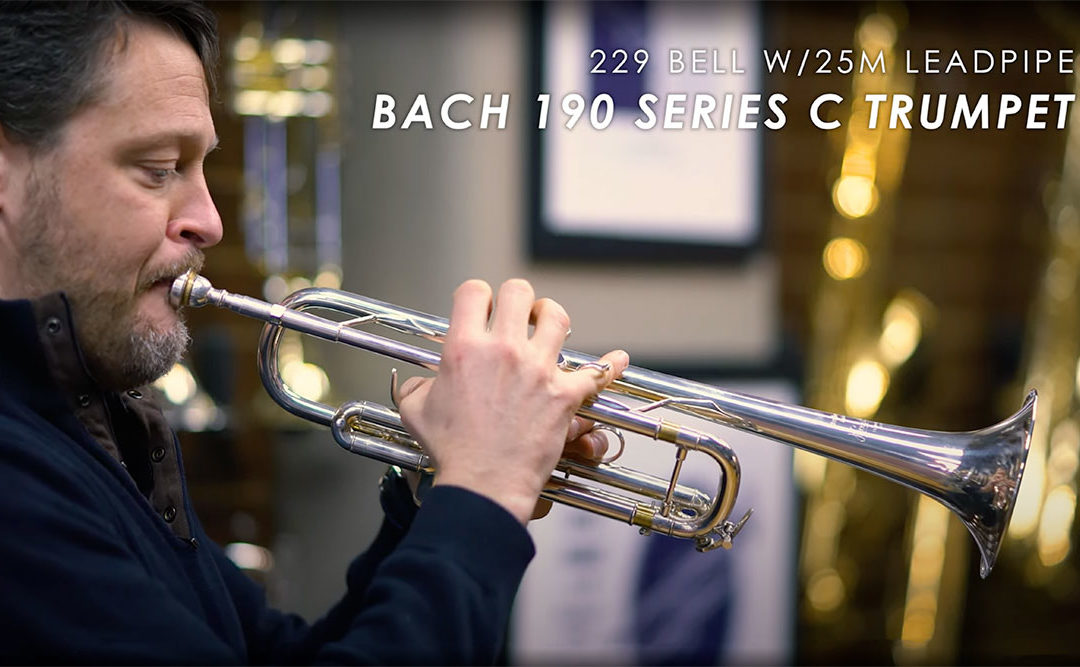
How to Try & Buy The Perfect C Trumpet
How to Try & Buy The Perfect C Trumpet
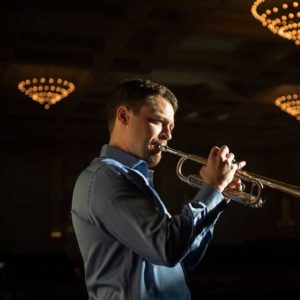
Written by Ben Wright
I get a lot of questions from people asking what’s the best way to try trumpets. It is especially difficult when you’re younger to try trumpets effectively: and I would be a good example of that. I had a fairly bad c trumpet for all of my undergraduate years and into my first job. I was kind of left to my devices to choose my instrument and when you’re a little less consistent it’s harder to effectively choose an instrument that is right for you. That was why I ended up with a bit of a clunker!
I talked to the folks at Virtuosity, Boston’s best music shop and we made this video that provides some guidance to make the process easier and less daunting.
Make sure you have one trumpet with you that is comfortable or at least familiar to you as a reference – you want the new trumpet to be as comfortable as this reference instrument or ideally, EVEN BETTER.
Next, make sure that you’re comparing apples to apples. For this video I took in the trumpet I had played for the past few years – a Yamaha YM bell C trumpet and compared it with three new C trumpets:
- Yamaha YM Bell NY II
- Yamaha YS Bell
- Bach Michael Sachs’ model
They’re not exactly apples to apples, but more like a Braeburn apple to a Granny Smith apple – apples of different varieties. I would not throw a different brand into this mix because then I’m dealing with too many variables which are too confusing (bach and Yamaha are close enough to be used interchangeably here). If you don’t know what brands to consider, talk to your teacher and try to narrow it down to one or two. Most American orchestral trumpeters use Bach or Yamaha trumpets.
Make sure you are well warmed up before getting to the store – bring a trusted friend if you have that option! It is best to have prepared baseline passages to test each horn; again, so that you are trying to see how each instrument responds to the same “stimulus”. Check to see that the tuning slides are in the same relative positions. Then play your test passages.
Once you’ve played the same basic passages on all three instruments you may be able to immediately discard one or more of the instruments. If the instrument doesn’t have the same or better sound than my reference instrument, it isn’t worth the time to play anything more on it – set it aside. It may work for someone else!
It is important to note that a basic benchmark for a C trumpet is to have a high C that is relatively in tune. If your range doesn’t comfortably extend that high, you’ll need a buddy to test that out – if the high C is flat, it is NOT the trumpet for you (or anyone, really).
For this test, my reference instrument, while the one I had played for years, was feeling too resistant so I was secretly hoping to find something more to my liking. As you’ll see in the video that DEFINITELY happened and I am happy to say I am still playing the new YM Bell that I tried that day.
In closing, the more consistent you are as a player, the easier it is to try out and select a new trumpet. As with anything, the more you do something the easier it gets. I encourage my T5 and New England Conservatory students to try out new trumpets even when they are not necessarily in the market to buy – that way when they REALLY need to make a change, the process is familiar (and maybe, even a little fun)!
Related Articles
Related
How to Try & Buy The Perfect C Trumpet
Reframe and Redirect – A More Thoughtful Way to Practice
I had some fun writing this for Trumpet Magazine Online, a publication that has most of its following in Europe. I thank my students both in my T5 Mastercourse and the New England Conservatory and their hard work, which reminded me of these lessons – I often need to remind myself that they work for me too!.
How to Make Audition Recordings
What’s the biggest difference between a recorded audition and a live audition? You have the ABILITY (double edged sword here) to record it as many times as you want or have time to with a recorded audition. When it is live, you get one shot. Most of the recorded auditions now are being asked to be done straight-through, with no edits. This takes more planning and preparation than being able to record one selection at a time. It also gives us as the listeners a better overall idea of your playing.

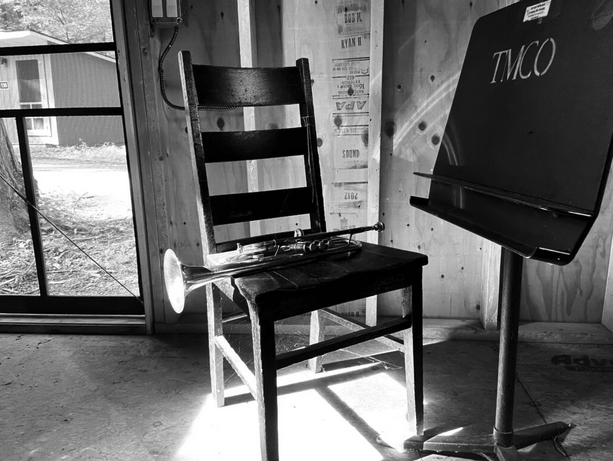

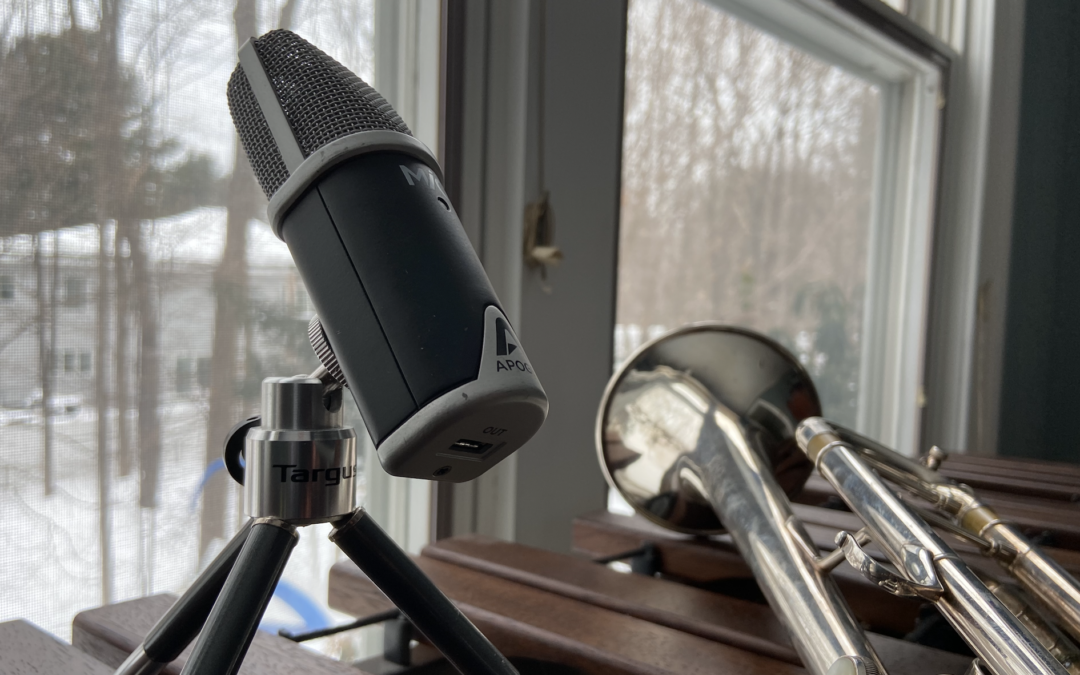
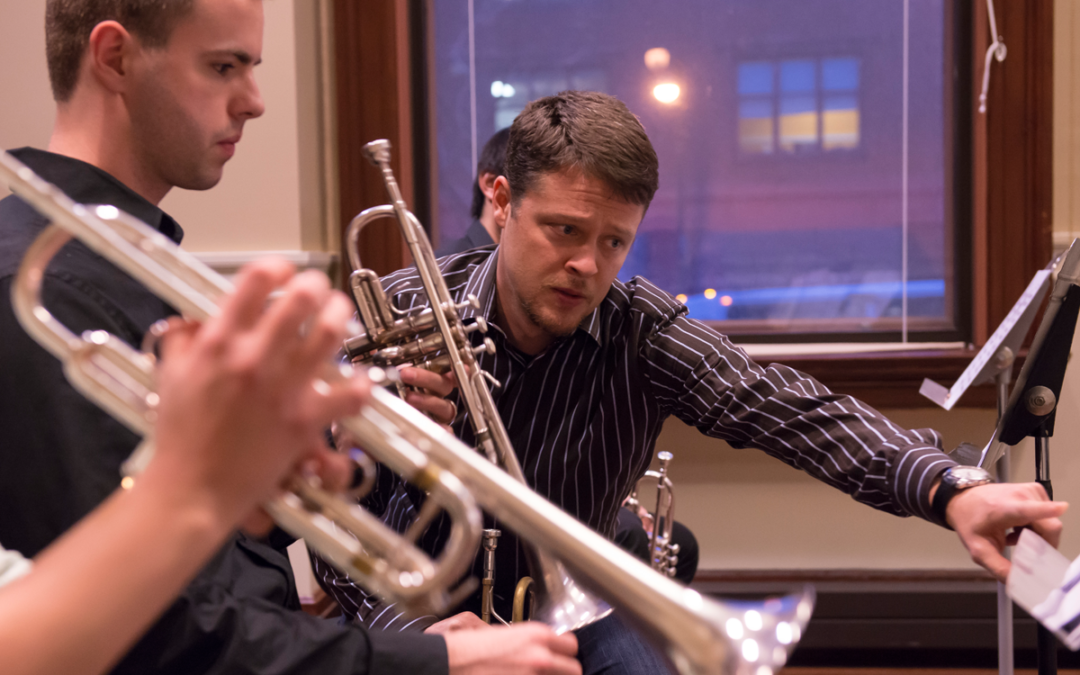
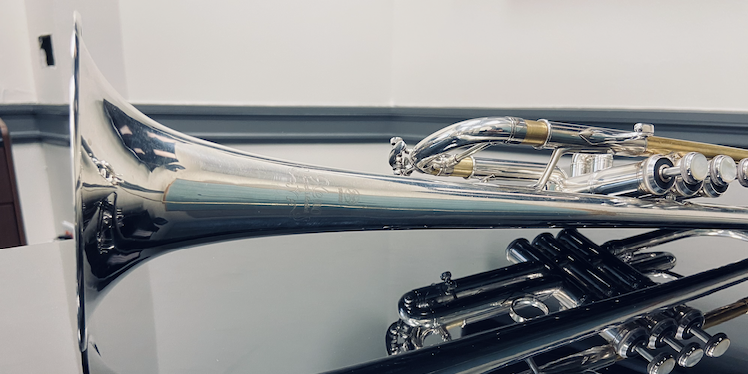

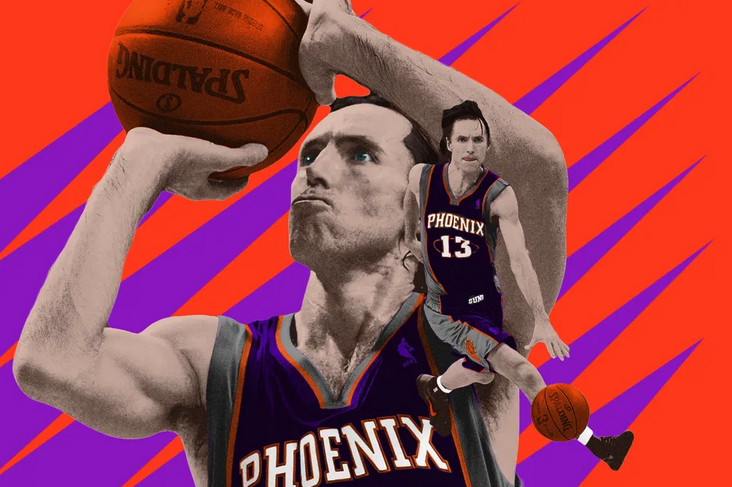
Recent Comments